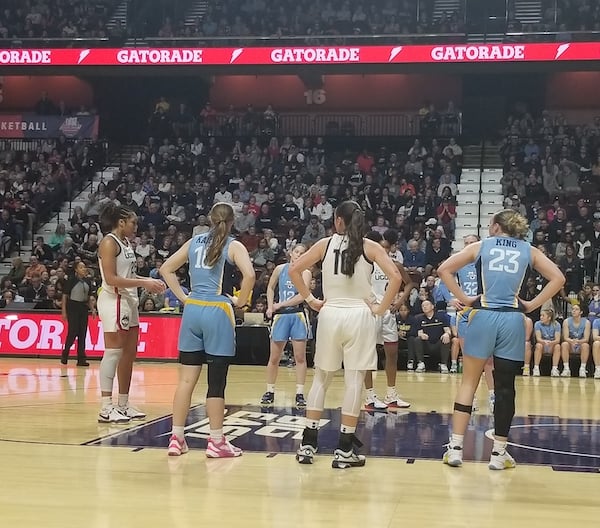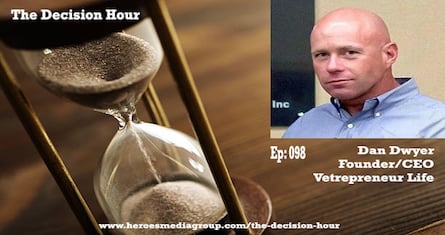Care for Trauma Patients Shouldn’t End at the Physician’s Door PART IV
Written by HMG Staff on 08/17/2017
Care for Trauma Patients Shouldn’t End at the Physician’s Door PART IV
How it Works
I am not a psychologist, psychiatrist, or counselor. I am a personal coach and a health and wellness coach. I have a Master’s degree in Psychology and utilize continuing education to update myself on current issues trauma patients may experience. I have over 25 years of experience in coaching, mentoring, and training. I also use my personal experiences and research to assist patients who are experiencing difficulties in making the transition from patient to a strong mind and body.
Patients, who are trying to heal physically, need guidance they can trust, from someone that understands their struggles. Such a guide would assist in recognizing psychological obstacles, setting personal goals for recovery, setting health related goals, and assist with locating other specialists necessary to assist with a full recovery. My goal is to assist patients in various stages of recovery. This would encompass assistance the medical staff does not have the time or resources to address and issues patients are unequipped to deal with alone.
The Health and Wellness coaching process begins with an initial assessment and interview with the patient to assess needs. The assessment includes questions regarding personal moods, goals, motivations, stressors, and concerns. In the initial interview, the patient has an opportunity to expand on the assessment and share what they hope to gain from working with the Coach.
A regular schedule of meetings is established to provide continuous coaching on issues identified for review and assistance. Weekly meetings are best at the start of the patient/coach relationship to identify regular check points on set goals, attitudes, moods, and motivation. Setting realistic goals is crucial to the healing process as they develop an ability to move past the traumatic event and focus on steps that build self-confidence and personal independence. As goals and focus are established, meetings can be less often to allow personal and independent development toward set goals. The patient may be assigned tasks toward the healing process such as insurance research on psychologists if needed, setting an appointment with a general practice physician for follow up work, dietary assistance with a dietician or nutritionist, or work with a personal trainer or physical therapist. Steps toward personal goals in communication, family connections, or exploring meditation may be assigned.
The patient learns confidence in committing to and accomplishing the steps required to meet each goal. Each step forward toward goal achievement reinforces the overall goal of physical and mental health. The relationship between the patient and the coach provides a dependable point of contact when the patient’s tasks, moods, and psychological wellbeing are challenged. Confidence is crucial and standard confidentiality would apply.
To read Part 3 Click Here
For more information contact: Fawn Jardee; Personal Pathways – [email protected], 480-221-7203





